Updating my relationship status with my bed
Having always had an unhealthy relationship with sleep, I stir up change in my life to help my mental health, but it isn’t that easy, is it?
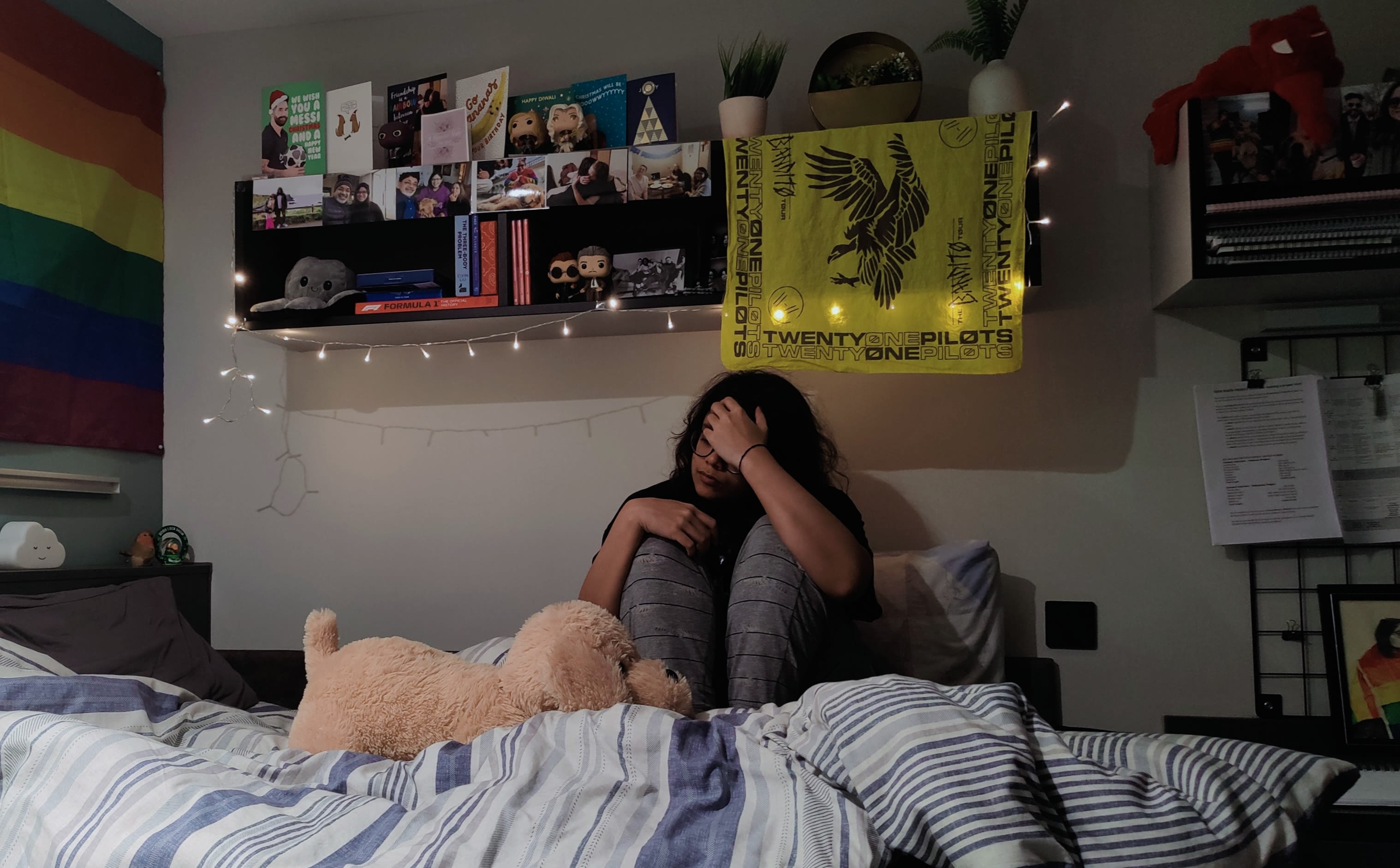
It must have been 3am. It was my first week in a new city. Thousands of miles away from home and familiarity, maybe it was the anxiety of the great unknown keeping me up. I should have been asleep. I was, after all, knackered from the 20+ hour travel time. I must have fallen asleep at some point. I figured it would be alright. Sure, the multiple lockdowns had turned all our worlds upside down, and I would often find myself staying awake until 6am and waking up at 5pm. But it was because of the pandemic, wasn’t it? It would be okay.
A month later, after having settled down and having started classes at university, I found myself awake at 3am again: staring at the ceiling, letting my mind spiral as it overthought and overanalysed every little thing. The woman who thought everything would be okay in September was wrong. A pattern emerged. I found myself staying up until odd hours of the night, doomscrolling through Twitter, or mindlessly watching videos about games, philosophy, and the odd ‘Do red pandas like snow?’ types (which, if you’re wondering, they do). The lack of sleep clearly affected my mental health and ability to work during the day. Not only was I finding it increasingly hard to concentrate at work, but my mood was frantically changing. One minute I’d be happy and the next I’d be thinking about everything that could go wrong in life.
Maybe the problem was with me, which lead to obsessive Googling, which is never recommended, as made abundantly clear by this catchy tune. Did I have insomnia? Was my anxiety getting worse? What was I even anxious about? Was I alone in feeling this way? I’m not. A study in Sleep Medicine found that poor sleepers are twice as likely to have problems with mental health, with 25.6% of the respondents reporting anxiety and 23.1% reporting depression. The study noted that these numbers were much higher than pre-pandemic levels.
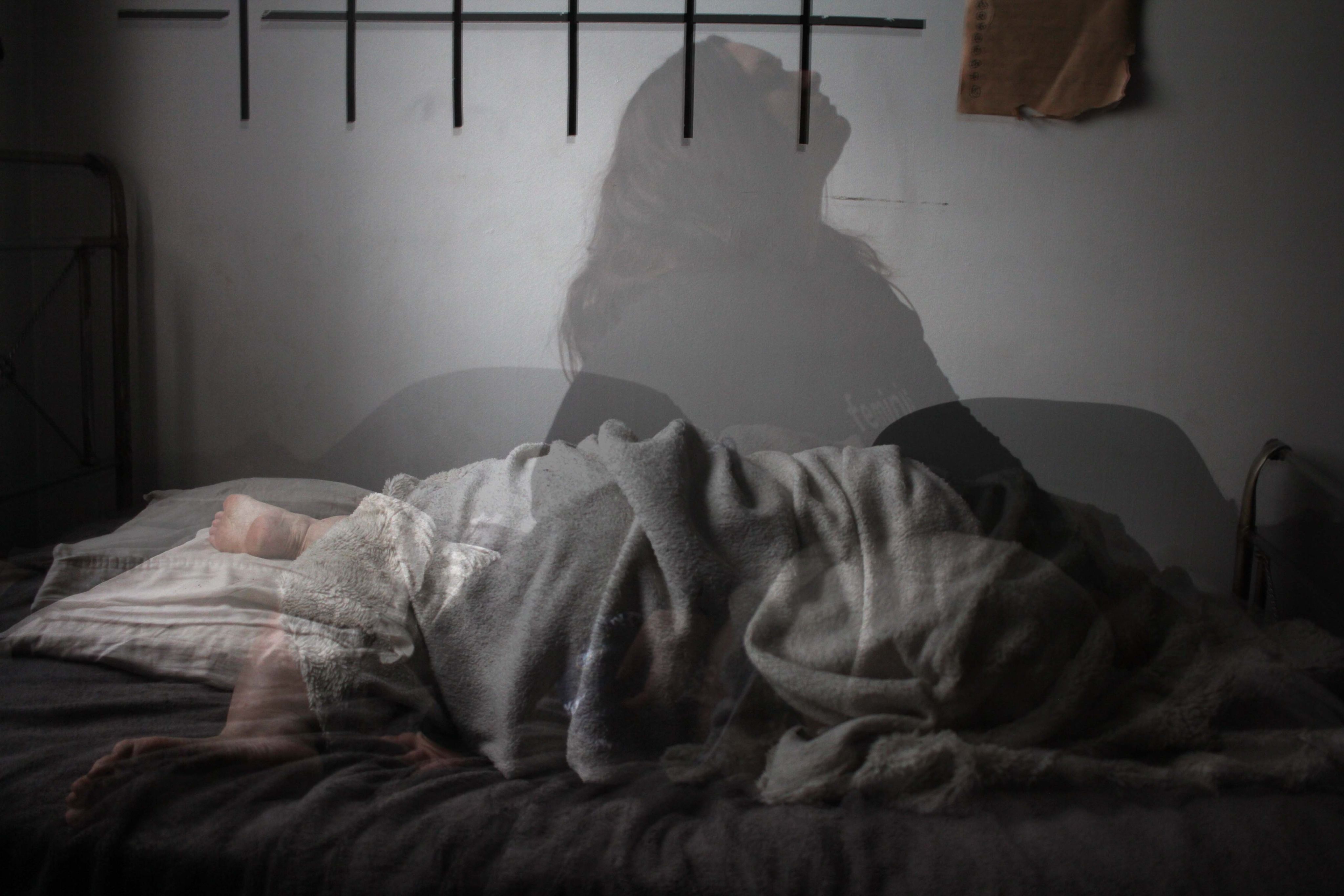
Photo by Megan te Boekhorst on Unsplash
What science says
I spoke with Katie Swaden Lewis, a research associate with the Division of Psychological Medicine and Clinical Neurosciences at Cardiff University. Her research focuses on sleep and mood disorders. I wanted to gain a better understanding of how sleep, or a lack thereof, affects mental health and vice versa. “Sleep helps us process emotional events by decoupling the event from the emotion,” according to Katie, “We did a study where we found that sleep loss was one of the most reported triggers of episodes of depression, mania, and bipolar disorder.”
Some people have a strong relationship with sleep where it affects their mood. Katie referred to Spielman’s 3 Ps model of insomnia which states that sleep disorders are caused by predisposing (genetics), precipitating (short-term stressors), and perpetuating factors. She emphasised on the third, where people develop maladaptive thoughts and behaviours around sleep which stop them from sleeping. An example of this is when we lay in bed, hours on end, not being able to fall asleep. The brain begins to associate the bed with feeling stressed.
What brought me a bit of comfort was knowing that I really wasn’t alone. From students to shift workers, we have all been victims of poor sleep. 29-year-old paediatric transport nurse Zoe Hahn works 37.5 hours weekly. She does 13 12.5-hour shifts every month. Zoe would often lie awake into the night. While her sleep has improved since the pressures of Covid-19 on the NHS have reduced, Zoe says, “I do still find myself waking up multiple times a night if I am working the next day. I suffered with anxiety during the first few waves; I felt exhausted all the time and felt the strain emotionally.” This correlates to Katie explaining the perpetuating factors.
For shift workers, Katie says it is harder for them to maintain regular food breaks and bedtimes. But for me, a full-time student, what was disturbing my sleep?
I have always had an unhealthy relationship with food. I have been a university student since 2015. I jumped from a bachelor’s to a master’s, spent a year and a half at home because of the pandemic, and then started another master’s in 2021. While I did not notice it at first, looking back, I realise that my feelings about food drastically changed over the years. I enjoy food, but in such a fast-paced environment where when I get back from nine hours of university, I can’t find the time or the strength to cook. Having noticed obvious changes in my mood, I decided to maintain a sleep diary and introduce changes to my eating habits. The timing couldn't be better as March is National Bed Month, when The Sleep Council aims to raise awareness about the importance of a good night's sleep.
Before I started the sleep diary, I only had one meal a day and snacked throughout. I did not care about the time so would often eat a chocolate bar or have a bowl of soup half an hour before bed.
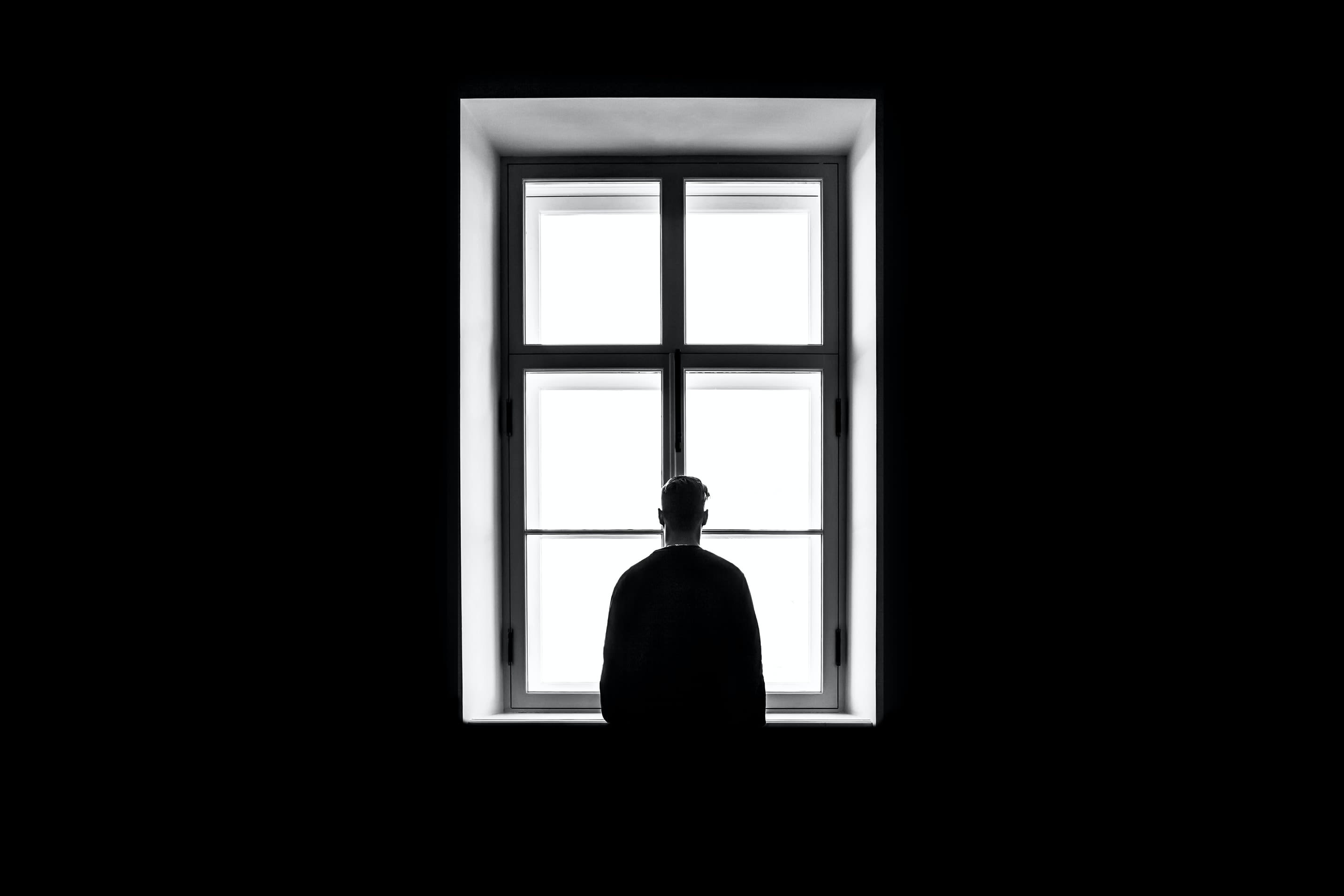
Photo by Sasha Freemind on Unsplash
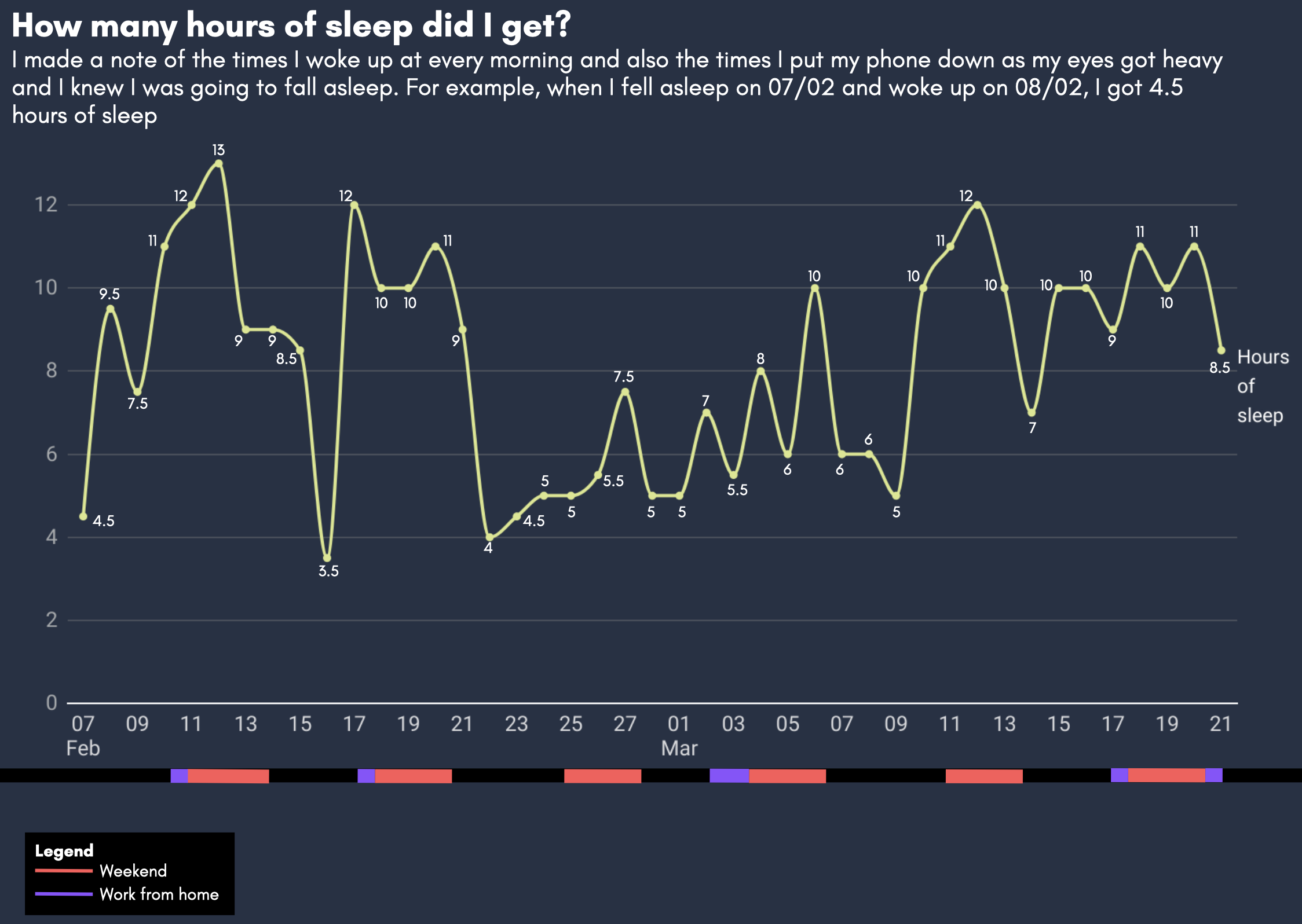
Credit: Nikita Achanta, Datawrapper
Credit: Nikita Achanta, Datawrapper
The journey begins
The first day was probably the hardest because I had to break the terrible habit of snacking. I woke up at 10:30am and made myself a cup of coffee, a bowl of cereal, and ate a banana for breakfast. For the first time in months, I had breakfast. For lunch, Tesco’s meal deal came to the rescue: a sandwich, a chocolate bar, and a bottle of Starbucks’ mocha at 2pm. The only thing I snacked on later in the day was a Reese’s peanut butter egg. Progress! For dinner, however, I reverted to old habits and had a bowl of cereal at 10pm, and while I got into bed at 11pm, it wasn’t until 3am that I fell asleep. This was going to be a challenge.
On 8 February, I woke up at 7:30am, not having slept too well. I had a pint of milk and two Frosties cereal bars for breakfast at 8:30am. As was on the previous day, I had lunch at 2pm again, but this time it was two vegan sausage rolls from Greggs and a bottle of orange juice. At night, I ensured that I did not delay dinner until one hour before bed and had instant noodles with a side of garlic bread at 8:30pm. This cycle would continue for the remainder of the sleep diary.
Halfway into the week, I began adding foods to my diet that would help me sleep better. I did not want to make any major changes to my eating habits that would confuse my body. Every time I eat full-fledged three course meals in a day, I feel physically sick. Instead, I decided to make smaller changes. According to Healthline, dried fruits, teas, and white rice before bed can improve the quality of sleep. I am not a fan of tea, and as Katie mentioned, tea has a high amount of caffeine which isn’t advisable before bed. I did, however, buy almonds. Almonds are a source of melatonin, the sleep hormone that regulates our body clock and signals us to sleep. The dried fruit also contains magnesium which reduces inflammation and has been proven to improve sleep quality. I incorporated eating a handful of almonds at 10pm every night. I realised that quality of sleep is more important than the quantity.
Having brought almonds into the mix, it was time to bring in more changes and focus on the quality of sleep I was getting. Many bananas and cherries were consumed during the 42 days of maintaining my sleep diary. My sleep began to improve. While I had a few days where I was sleeping for a handful of hours, there were nights when I got up to 12 hours of sleep. This was new as I hadn’t slept for this long at a stretch since the last lockdown. But I noticed how much better I felt during the day after having slept enough. My body was thankful, and so was my mind.
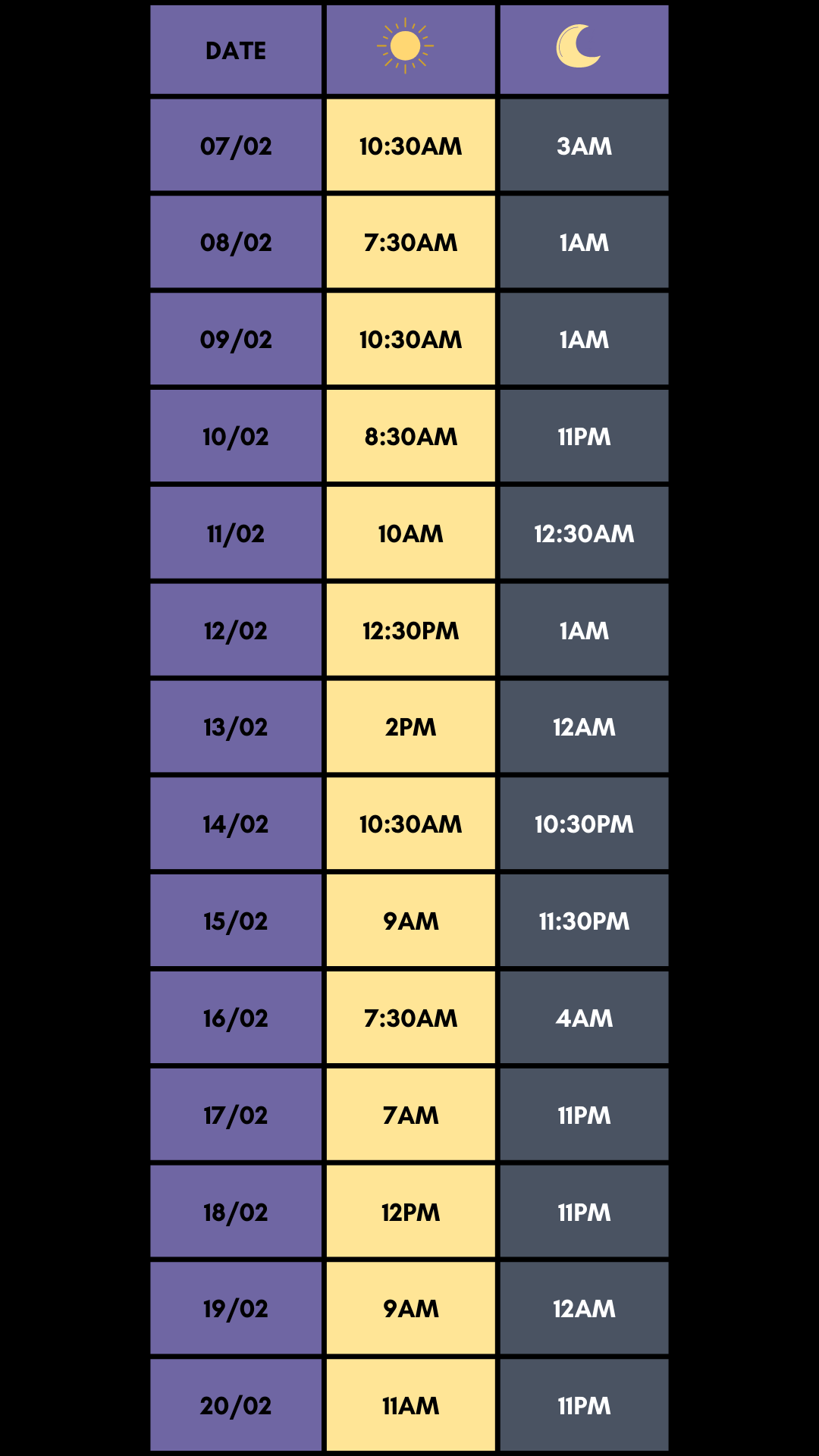
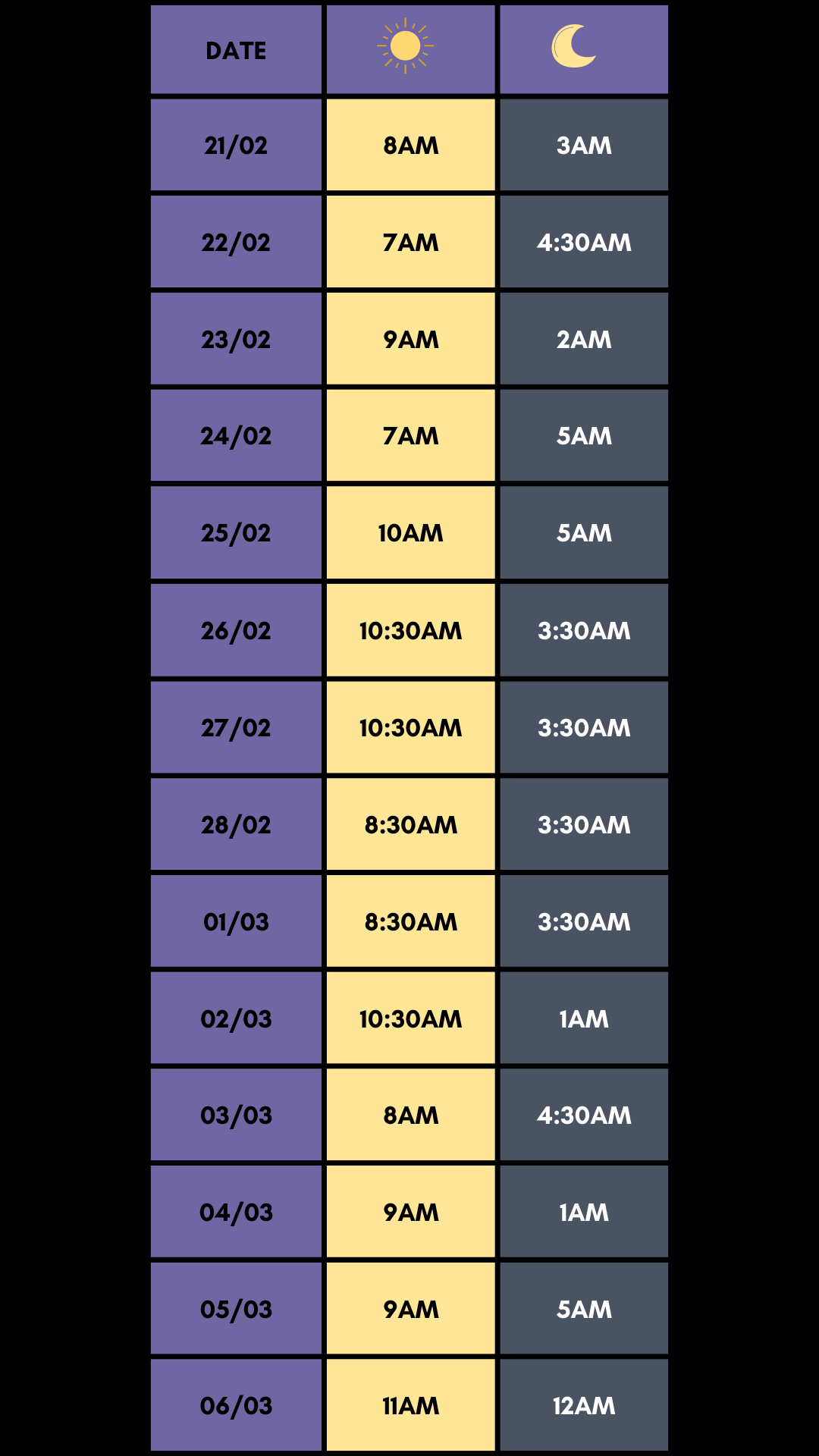
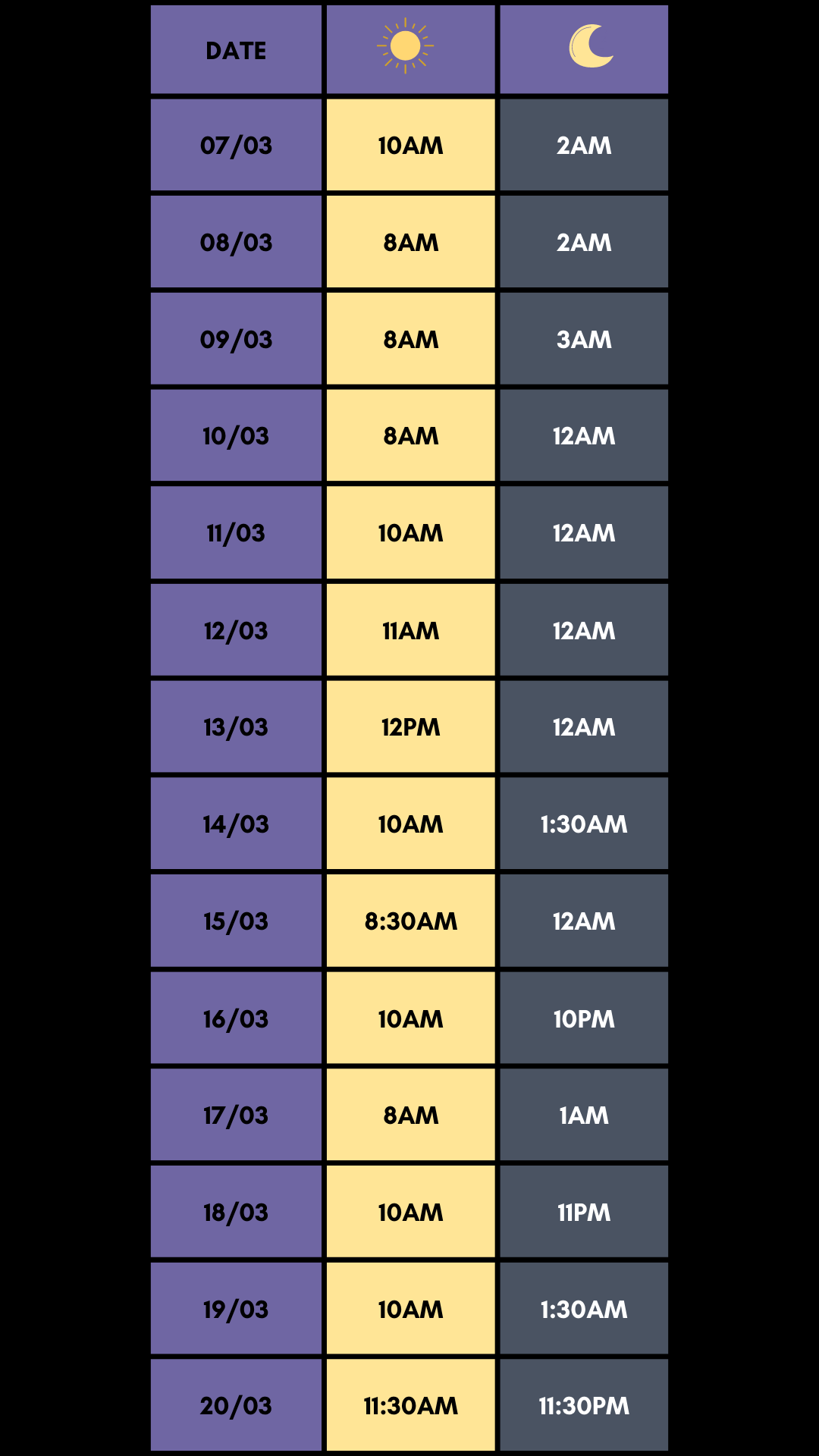
Then it fell apart
When I set out to improve my sleep, I failed to consider how personal events might affect it. I am human at the end of the day. There is only so much one person can withstand, especially when it comes to relationships. We spend so much time obsessing over our physical health that our mental health often gets neglected. While better sleep helps our mental health, a disturbed mental health also results in a lack of sleep. “Your mental health can make your sleep worse,” says Katie, “It’s a vicious cycle.” Going through any sort of heartbreak is hard, no matter how big, but it’s worse when you’re already not sleeping enough or have 20 work-related things to think about. We think you’re finally taking back control over our lives but some things are simply out of our control.
When this dip happened and I ended up with five hours of sleep a night for a week and a half, I felt like a zombie throughout the day. I wouldn’t notice it immediately as I let the adrenaline of producing a class magazine and jumping from one task to another consume me. But then it would overwhelm me and my body would begin to crash. Distractions are great, and I took on more work than was necessary to ensure my mind did not wander, especially at night as I lay alone with my thoughts. It did not help that as soon as the clock would strike 11:30pm, I would stay up until 12 to do my daily Wordle.
And then I let it go. I stopped pressuring myself into sleeping. I figured if it had to happen, it would happen. Everyone was telling me to sleep and while that is sound advice, it wasn’t helping me, so I unclenched my fists and let it be. Spoiler alert: it worked. I’m unsure whether it was switching to a memory foam pillow, listening to my sleep playlist, or making small changes to my diet that did it in the end.
Does it get better?
It is important to surround yourself with a strong support system in the form of family, friends, even your lecturers. While all of them helped in whatever capacity they could, and the rational part of me screamed daily to sort myself out, a head versus heart battle raged on. It is an internal conflict that all of us deal with.
For me, the lows were extremely low. I always say that while things might get worse, they will definitely get better, but there is also little point in forcing them to get better. I set out on a mission to get better sleep. Did I succeed? Not entirely. It was okay, it got worse, and then it got better. Towards the end of the sleep diary, I was averaging almost 10 hours of sleep. I did, however, realise how poor my sleep pattern really was. This was a wake-up call.
I tell myself it will only get harder from here when I get a job. There will always be setbacks. Life will get in the way but I have to adapt to it. At 25, I’m telling myself that it isn’t too late, as being a student until September gives me more time. Seven years later, this is a start.
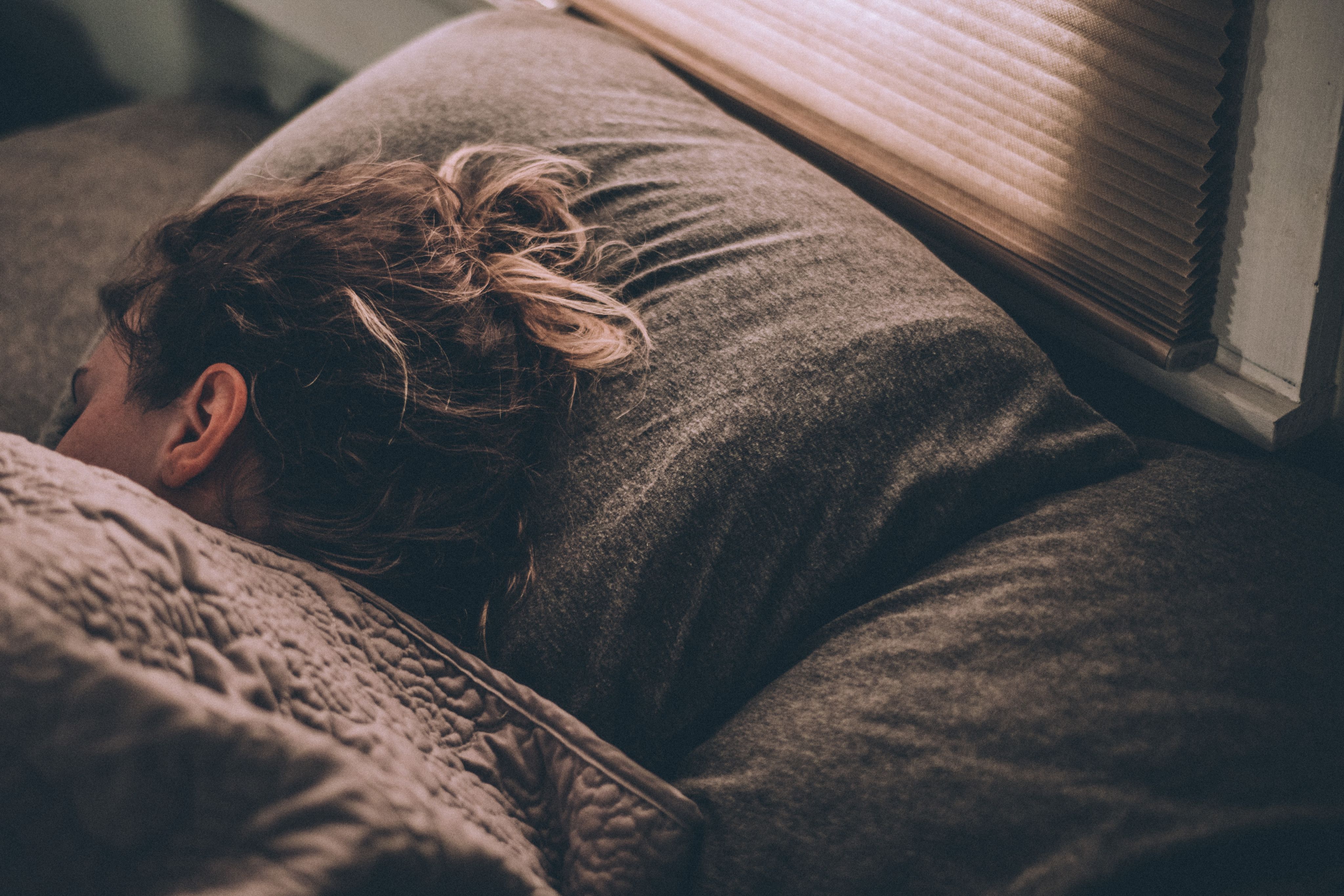
Photo by Lux Graves on Unsplash
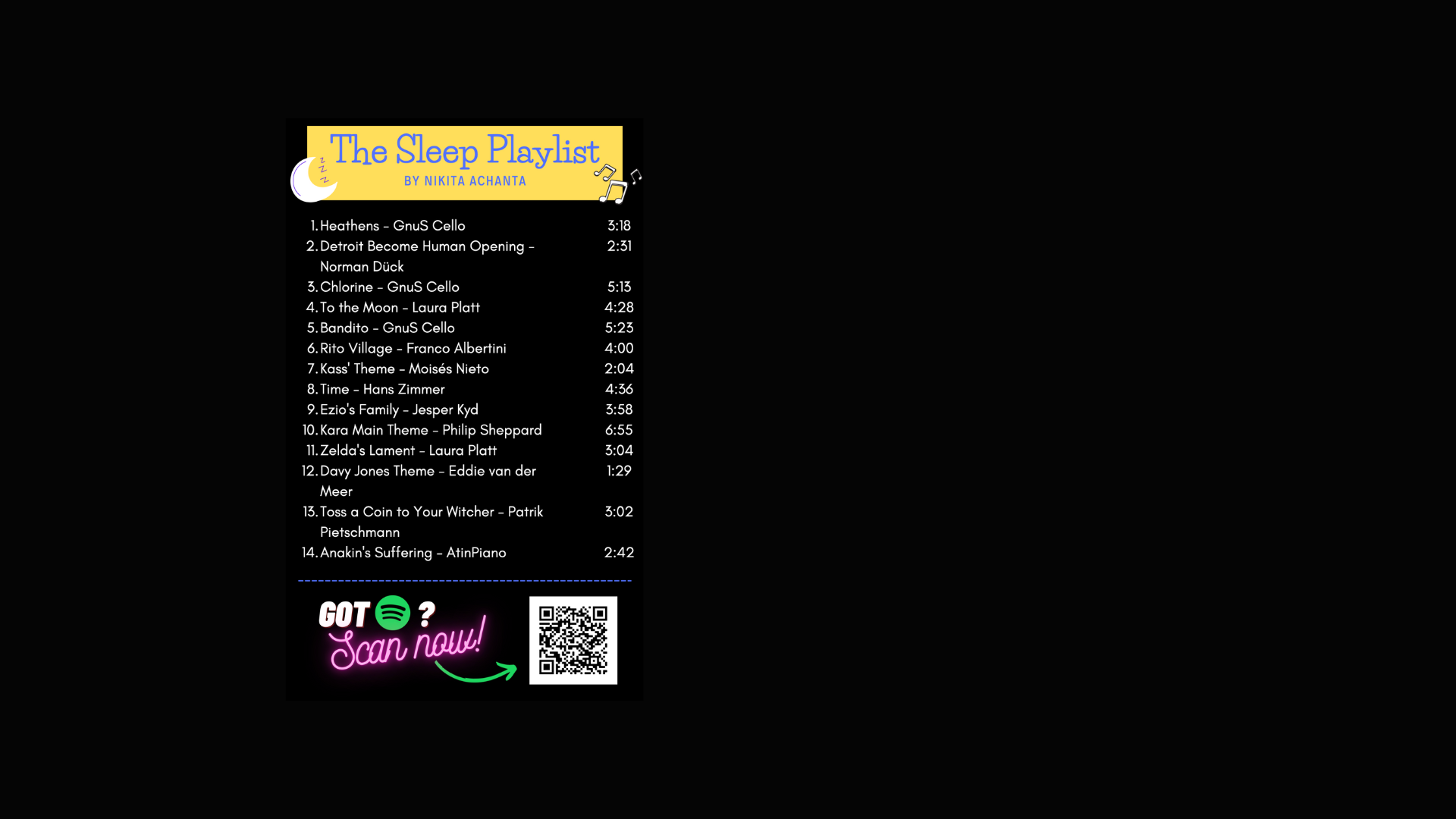
Photo by Quin Stevenson on Unsplash
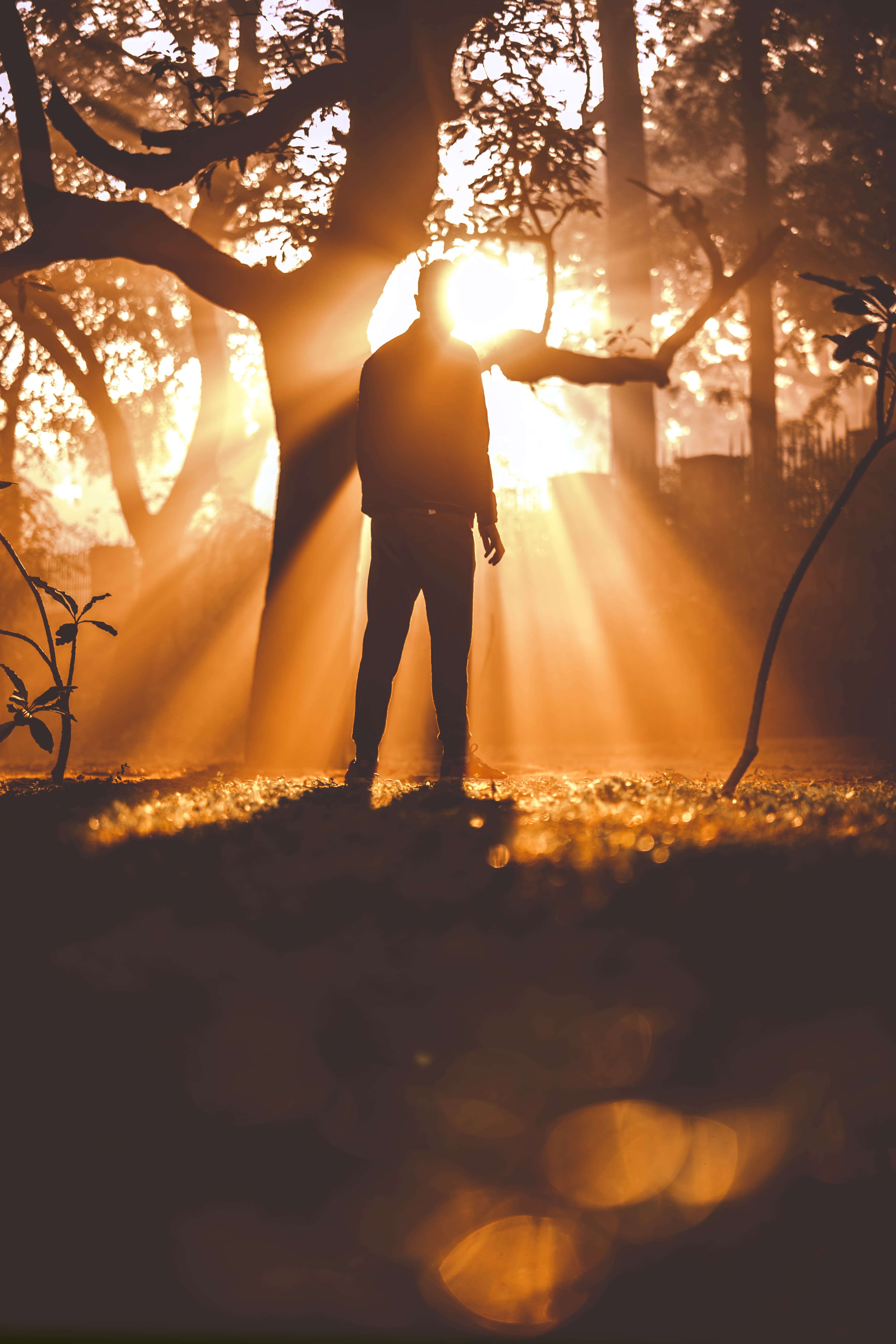
Photo by Dewang Gupta on Unsplash
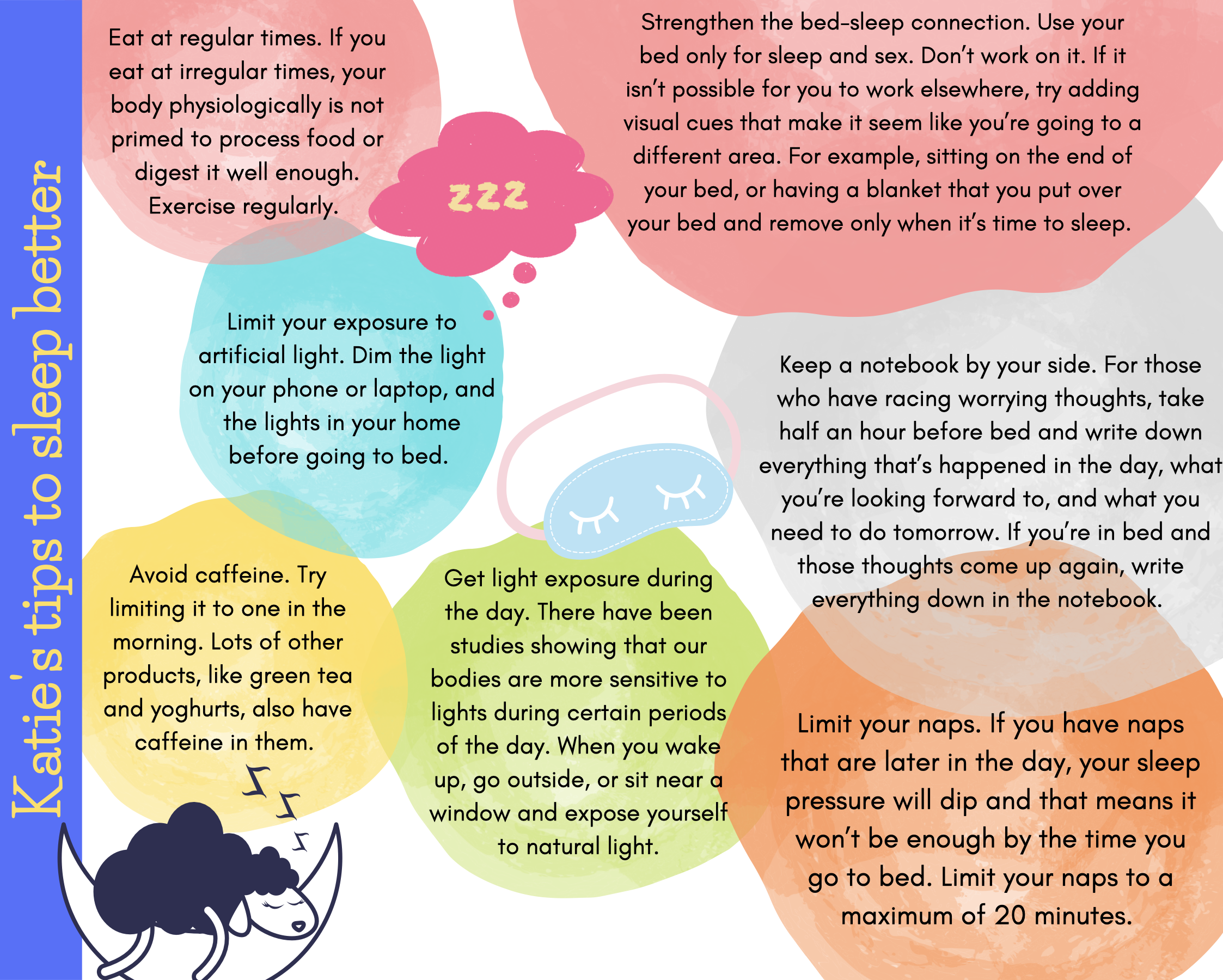
Have trouble sleeping? Katie's tips to sleep better might help you too. Credit: Nikita Achanta
Have trouble sleeping? Katie's tips to sleep better might help you too. Credit: Nikita Achanta
